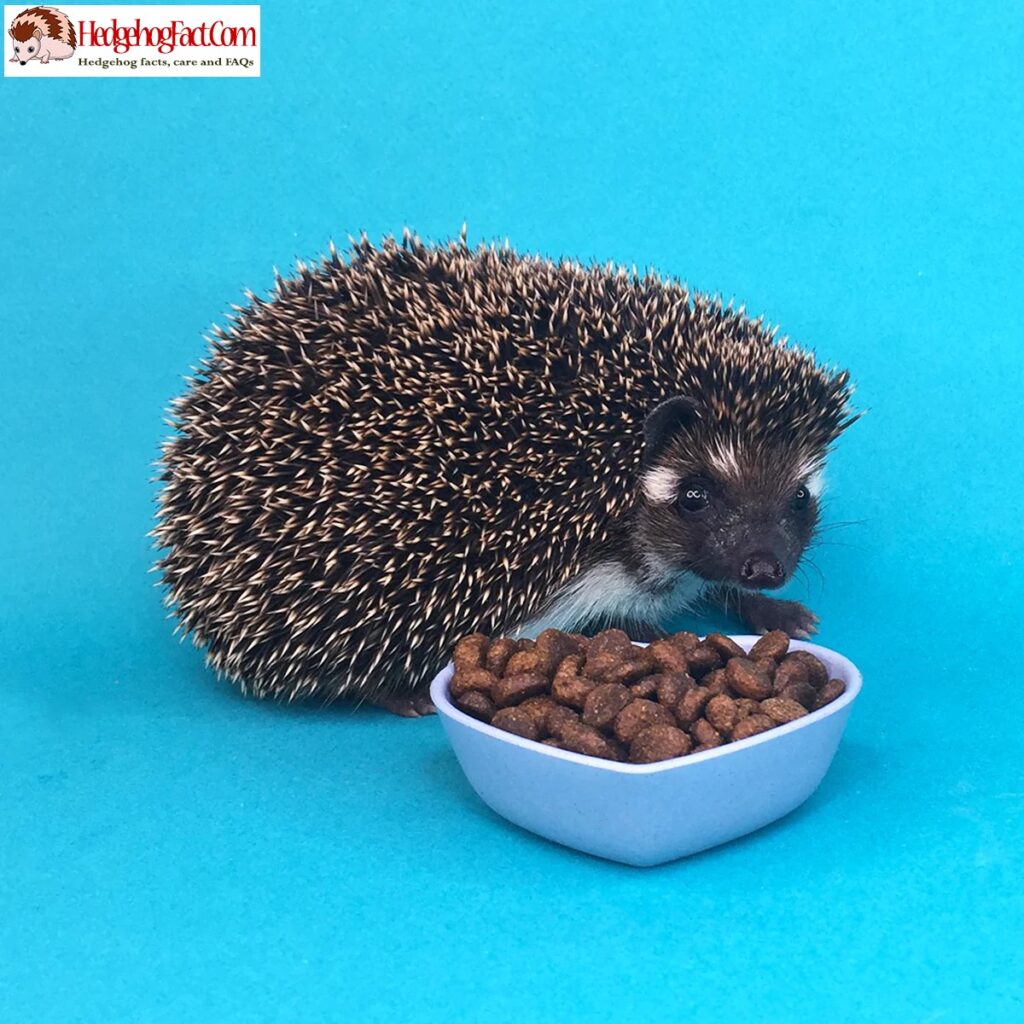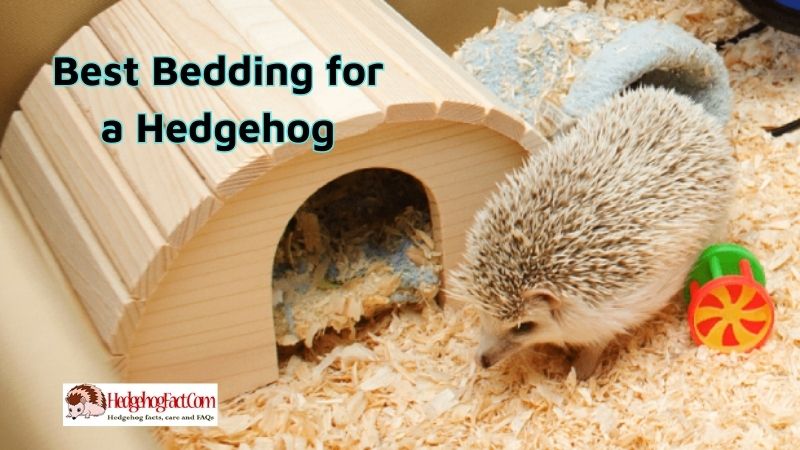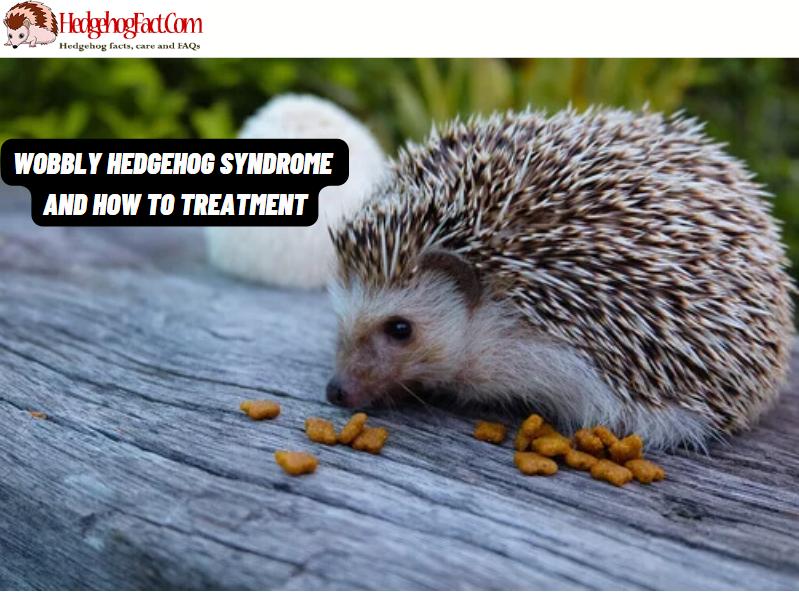Hedgehog farming is being strongly developed due to the high market demand for this pet species. Easy to raise, less disease, and simple raising porcupine techniques make this animal one of the first choices of farmers. What Do Hedgehogs Eat? Types Of Food For Hedgehogs will help you get more information about keeping this animal.
Hedgehog’s behavior
Hedgehogs are fascinating creatures with distinct behaviors that are important to understand whether you own one as a pet or are simply curious about them. Hedgehogs are solitary animals that do not require socialization from their owners, unlike many other pets.
It is important to note that hedgehogs, like dogs and cats, are territorial animals and will use their quills if their territory is threatened. Hedgehogs have an acute sense of smell and use it to investigate their surroundings, find food, and even detect predators. Sniffing is a common activity for hedgehogs and is half the fun to observe.
Hedgehogs also have poor eyesight, which explains why they rely so heavily on their sense of smell. Self-anointing is an intriguing behavior trait of hedgehogs. A hedgehog creates a frothy saliva mixture that they spread over their quills in this process. This behavior is thought to be a way for hedgehogs to protect themselves from predators or hide their scent.

Nesting and leaf gathering are two other activities that hedgehogs engage in. When a hedgehog has a mouthful of leaves or is actively snuffling around the nest rearranging things, this behavior can be observed.
It’s also worth noting that hedgehogs can be timid or defensive, especially if they’re new to their owners. Over time, developing trust and a bond with your hedgehog can help to reduce these behaviors.
In conclusion, hedgehogs have distinct behavioral characteristics such as self-anointing, nesting, and leaf gathering, and relying heavily on their sense of smell. It is critical to understand their territorial and defensive nature, as well as the value of trust and bonding with your pet hedgehog.
Hedgehog’s food
Hedgehogs have specific dietary needs that must be met for them to be healthy and happy. A hedgehog’s diet should generally include high-quality protein, low-fat content, and fiber-rich vegetables. Most hedgehogs consume a combination of cat food and specialized hedgehog food designed to meet their nutritional requirements.
Hedgehogs can eat cooked chicken, salmon, or tuna, as well as some cat or dog food, such as kibble. However, it is critical to ensure that the protein source does not have an excessively high-fat content. Hedgehogs prefer fresh fruits such as apples, bananas, berries, and melons.

Fresh vegetables such as green beans, squash, and lettuce are also advised, but starchy vegetables such as corn, potatoes, and carrots should be avoided. It’s important to note that hedgehogs have specific dietary requirements and should avoid certain foods. Acidic foods such as oranges, lemons, grapefruit, and tomatoes can cause stomach upset, mouth sores, and ulcers in hedgehogs.
Similarly, raisins, grapes, and any type of sugar, particularly fructose, should be avoided. When it comes to feeding hedgehogs, they should always have access to fresh, clean water, and their water dish should be changed at least once a day.
Hedgehog food is reasonably priced, ranging from $10 to $20 for a 1-2 pound bag of kibble or pellets. Some specialized hedgehog food, such as Exotic Nutrition’s product, is designed specifically to meet the nutritional needs of hedgehogs and contains a combination of dry mealworms and cereals.
Overall, it is critical to provide hedgehogs with a varied diet that meets their specific nutritional needs. A balanced diet, as well as access to fresh water, can help pet hedgehogs stay healthy and happy.
Notes when choosing food for hedgehogs
There are several important factors to consider when selecting hedgehog food. First and foremost, it is critical to select a high-quality, nutritionally balanced food designed specifically for hedgehogs. It is usually recommended to eat dry food that is high in protein (28 to 35%), made from chicken or another lean meat, and low in fat (5 to 15%).
It’s also critical to give hedgehogs a variety of food options. Hedgehogs can eat a variety of fruits and vegetables in addition to dry food. Apples, bananas, berries, melons, fresh tomatoes, fresh green beans, and cooked squash are all popular options.

It is critical to be aware of two things when feeding insects to hedgehogs. First, they must increase their fiber intake because insects are a poor source of fiber. Second, only feed hedgehog-friendly insects.
It is critical to always provide hedgehogs with plenty of fresh, clean water. Every day, a healthy hedgehog should drink approximately 12 to 2 12 tablespoons of water. It is critical to choose high-quality ingredients for hedgehog food, even if they are more expensive.
Hedgehogs only consume 1-2 tablespoons of food per day, so high-quality food will last longer and increase your hedgehog’s lifespan. Finally, certain foods should be avoided when feeding hedgehogs. Avocados and grapes are poisonous to hedgehogs and should be avoided. Furthermore, all dried fruits are a potential choking hazard.
Conclusion
Hope the article What Do Hedgehogs Eat? Types Of Food For Hedgehogs will provide you with useful information.





